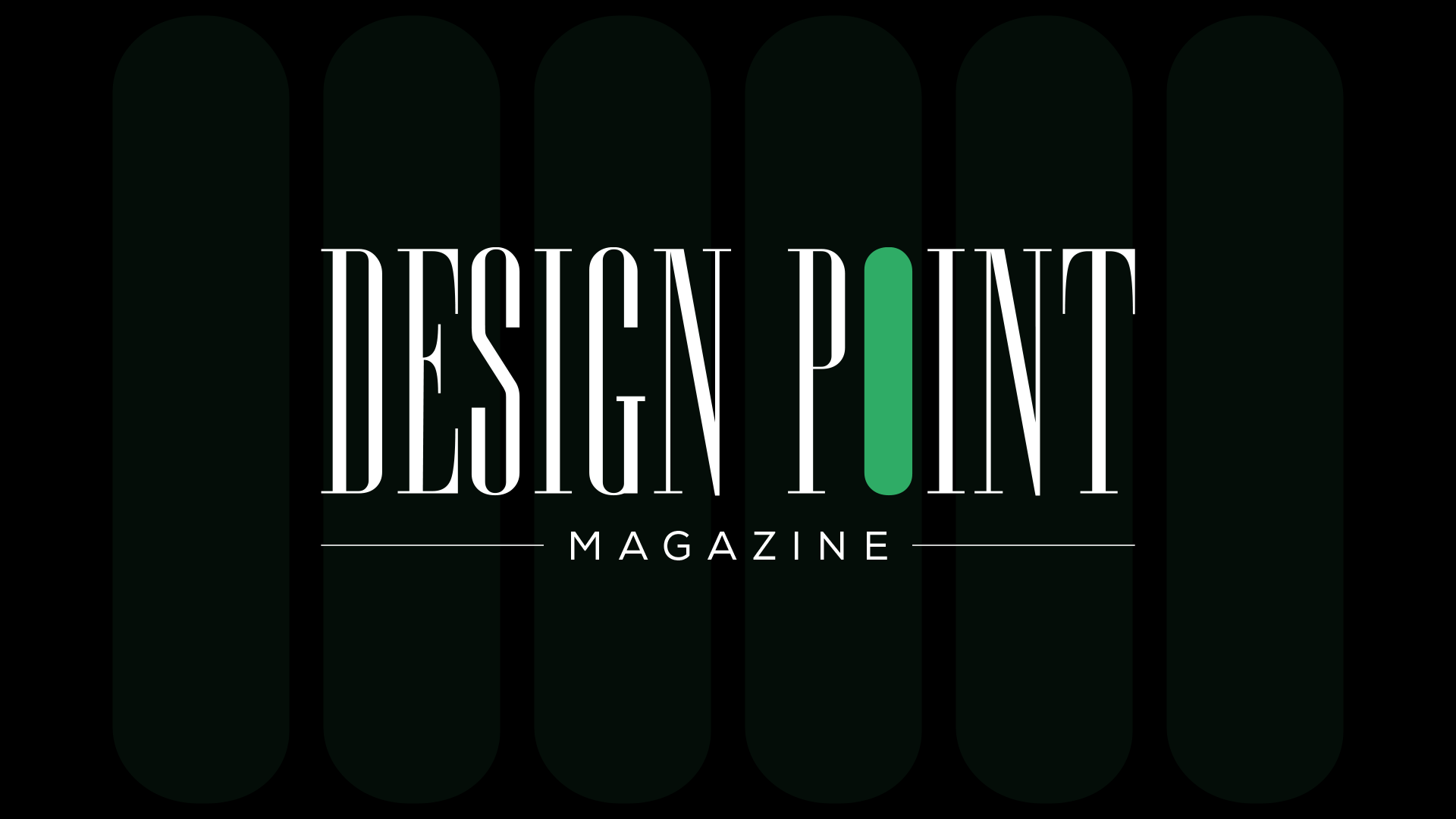If you have not yet watched (or finished) Severance, consider this the requisite spoiler warning. Also, watch Severance already. Keep up!
I first fell in love with Severance because the concept is so brilliantly innovative and compellingly told, with themes that manage to hit me in all the right places: Work-life balance. Office culture. The separation between our work and home lives. Mistaking distraction for self-care. Grief that becomes so painful, we will try anything to escape it, often without considering the consequences.
Okay, duh. It’s not like I’m putting myself on the line as the first person to dare to say, Everyone! You’ve gotta check out Severance!
But as I watched the season two finale this weekend, a new theme came into clear focus that gave me another glimmer of hope during some legitimately dark and uncertain times:
Our default factory setting, as humans, is good.
In Severance, we get to know four strangers with no knowledge of each other or of the outside world; they don’t know who they are, what color the sky is, who they love, what teams they root for, what books they’ve read. They don’t know whether they have children or spouses. They don’t know the names of geographical locations — besides Delaware, Zimbabwe, and something called The Equator. They just know that they have rules to follow, “mysterious and important” work to do together, and if they do it well, they’ll receive the cheap, thrilling rewards that a child covets after winning enough Skee-Ball tickets at Dave & Busters.
(I always liked the little wiggly rubber finger monsters, myself.)
It’s really all just a twisted preschool star chart system, rewarding docile subjects to do unwittingly terrible things.
Oh well, Petey’s gone. Have a finger pull and a new desk photo.
But these severed characters are not pure blank canvases, as we first imagine, because we come to see that their best, most altruistic human instincts cannot be severed.
By the end of season one, the characters start to have agency.
By the end of season two, we see that the best of humanity is innate to us.
These characters with no history, no memory of their upbringings, no political guidance, no media bubble to reinforce their values or religion to prescribe a moral code (unless you factor in Ricken’s The You You Are, or at least page 197, which, apparently, slaps) — they do the right things again and again.
They stand up for what’s important.
They come running, literally, when someone needs their help. (So much running!)
They make personal sacrifices to protect the greater group.
The break rules when it is essential to progress.
They recognize good from evil.
They work collaboratively.
They form friendships.
They form trust.
They fall in love.
When you step back and consider the fulcrum for change in character arc, it’s the things that go badly inside Lumon. Threats, lies, and punishment create woe, misery, grief, fear, pain.
Yet it’s access to those bad feelings that finally stir up the innate human urge to make things better.
We can’t eliminate all pain and fear from our lives; these are in part what make us human.
But we can choose how we respond to those feelings. And it is in our nature to do the right thing.
Better yet: It is in our nature to come together and form communities that make us more effective at doing the right thing.
It is the sociopaths, the hateful, the bigoted, and the cruel who are the anomalies.
We outnumber them. By a lot.
If you are feeling overwhelmed by the firehose of news, then just pick one single good thing to do, as my friend
Asha Dornfest reminded us yesterday. Look for one of the proverbial helpers, then help them.
I will continue believe that we are built for benevolence.
I would even argue that our innate humanity demands it.
And when we deny our genetic imperative to right the wrongs, support our fellow humans, lift up others and make things better for all of us, that’s when feel powerless, trapped, stuck.
We feel better when we do good.
There’s scientific data to back this up, in fact.
Last year, when I interviewed Jaclyn Lindsey, the founder and CEO of kindness.org, a non profit that is quantifying the science of kindness, she explained that kindness is literally in our DNA.
“Every human has it in our genes,” she told me. “But also, we can cultivate it like a habit. It’s something we can grow.”
Remember:
You are generous and kind. Because you are human.
Whether or not you can parallel park, set up a tent in under three minutes, or recognize a beautiful rock from a plain one.
Liz Gumbinner is a Brooklyn-based writer, award-winning ad agency creative director, and OG mom blogger who was called “funny some of the time” by an enthusiastic anonymous commenter. This was originally posted on her Substack “I’m Walking Here!,” where she covers culture, media, politics, and parenting.
Header image by Susan Wilkinson for Unsplash+.
The post Your Outie is Generous and Kind appeared first on PRINT Magazine.

